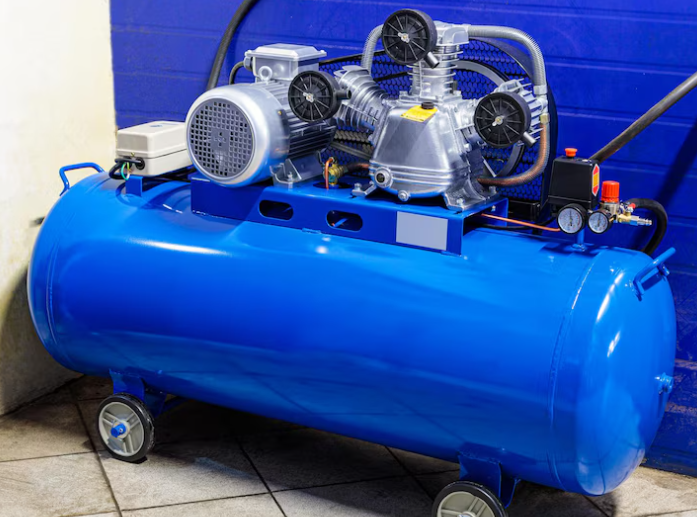If you’re in the market for an industrial air compressor this year, you’re not alone. With the pace of industrial growth and technology changes in 2025, businesses are revisiting their equipment choices more often than ever.
But let’s be honest—buying the right compressor isn’t a quick decision. Whether you’re expanding your operations or replacing old equipment, there’s a lot riding on this choice. Energy bills, downtime, production efficiency—it all connects.
So, how do you make sure you pick the right one? Here’s a practical guide to help you cut through the noise.
Start with the Basics: What Do You Actually Need?
The first mistake many buyers make? They go straight into comparing models and brands without fully understanding their actual requirements.
Ask yourself:
- What’s the daily air demand of your facility?
- Will the compressor run all day, or in cycles?
- How critical is air purity to your process (e.g. food, pharma)?
Getting these answers up front makes all the difference.
For instance, if you’re running a 24/7 manufacturing line, a rotary screw compressor is your friend. But if you’re a smaller setup with intermittent needs, a reciprocating (piston) compressor could save you a lot of money.
What Type of Compressor Makes Sense in 2025?
Let’s talk types. Here’s a quick breakdown to help you match your needs to the tech:
- Reciprocating Compressors: Best for small shops or light manufacturing. Think garages or textile units.
- Rotary Screw Compressors: The workhorse of most modern factories. Quiet, efficient, and reliable under constant load.
- Centrifugal Compressors: These are beasts—for heavy industries needing massive airflow, like steel or chemical plants.
And here’s the 2025 twist: most new models across all categories now come with smart monitoring systems. This helps you track usage, maintenance schedules, and even energy consumption in real-time.
Choose the Right Brand—Not Just the Cheapest
This one’s big. Don’t just compare prices—look into the air compressor manufacturers themselves. A good manufacturer isn’t just selling you a machine; they’re offering long-term support, parts availability, and technical advice when something goes wrong (because eventually, it will).
Stick to brands with a proven track record in your region, especially those with local service centers. The last thing you want is a breakdown and a two-week wait for parts.
Energy Efficiency: The Hidden Goldmine
Let’s be real—electricity isn’t getting any cheaper. If your compressor is going to be running 10–12 hours a day (or more), the energy bill alone could eat into your margins.
That’s why energy-efficient compressors are such a smart buy right now. Look for models with variable speed drives (VSD) or automatic shutoff features. These might cost more upfront but can slash your operating costs significantly over time.
Other Things That Matter (But Are Often Ignored)
- Noise levels: Especially if the compressor is near workstations.
- Ventilation and space: Compressors need breathing room—don’t squeeze them into a tight corner.
- Future-proofing: Can it scale with your growth? Some models allow easy expansion.
Buying a new compressor in industry today isn’t just about ticking boxes—it’s about making a decision that’ll impact your business for years to come. And while the options can feel overwhelming, the key is to start with your actual needs, not a flashy spec sheet.
Talk to people who use them, visit vendor sites, compare reviews—and when in doubt, go with a manufacturer that puts support first. After all, a compressor is a long-term relationship, not a fling.




